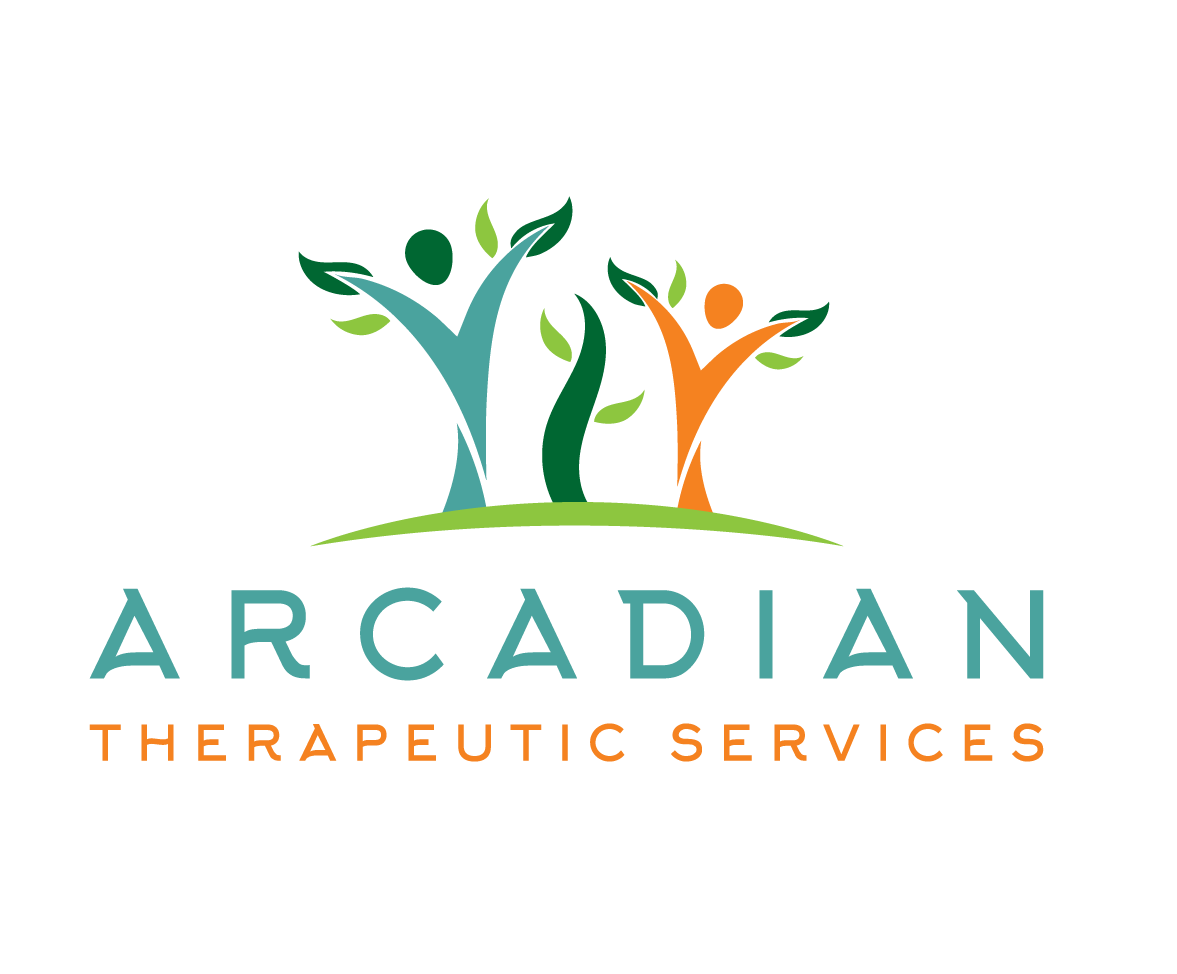Add Play Therapy To Your Holistic Approach to Mood Disorders
Many pediatricians understand the benefit of treating mood disorders with medication. The benefits can be numerous. In addition, it can also be extremely beneficial to prioritize the positive effects that play therapy can have on children with mood disorders. When addressing mood disorders, reviewing external influences and environments can help shape a more holistic diagnosis.
Play Therapy has proven itself to be an incredible form of therapy for children. Play Therapy gives space for the child to process their feelings and emotions through their natural language of play. Play Therapists set up a space for the child to feel safe and seen. Once the child feels safe, then they can likely explore areas of their life that may feel overwhelming. Ultimately a Play Therapist's goal is to help the child find new ways of managing those difficult areas of their life.
We cannot discuss Play Therapy without understanding the physiological system within a child’s body. Discovered by Porges in 1994, the Polyvagal Theory has given much clarity to how a person's autonomic nervous system responds to different stimuli. There are three specific states of Polyvagal Theory; each of them has its own function and works together to influence the child’s mental health.
Ventral System (also known as the social engagement system): When activated, this state makes the child connect with others and feel safe. It is the most important aspect of Play Therapy. If a child does not feel safe, the second system will activate.
Sympathetic System: When this system is activated, a child can move into the fight, flight, or freeze response. The child’s body perceives the stimuli as a threat and the child moves into survival mode. This is when we see withdrawing or aggressive behaviors.
Dorsal System: When the threat feels too big to handle, this is the state where the body literally shuts down. This is where depression, suicidal thoughts, or isolation might feel like the only available option to a child.
Dr. Hayes (2022) notes the link between the polyvagal theory and play therapy. According to him, the goal of Play Therapy is to help the child and their system (family, teachers, etc.) be aware of each of these states as well as help the child understand and manage their own states (Porges & Dana, 2018). Play Therapy has the ability to link the safety needed to fully activate the social engagement system with the sympathetic system. Within a play therapy room, the counselor's first goal is to establish safety for the child. Once safety is achieved, then the child can begin to address their sympathetic responses with better clarity.
Furthermore, Hayes (2022) impresses the need for these children to be treated with a system lens. Therapists trained within systemic theory focus on the multidirectional impact between a child, their families, and all the other relationships surrounding their lives. Both the child and the family unit influence the inactivation or activation of these systems. If a child’s parent is frozen within their own sympathetic system response, the child will have difficulty activating their own ventral system and vice versa. The parent can also have difficulty regulating their ventral system if the child’s ventral system is shut down and the child’s sympathetic system is activated. Therefore, it is just as important for the therapist to work with the family unit as it is to work with the child.
All and all, we are finding out that it can be more beneficial for professionals to prescribe a number of different pathways to help children with mood disorders. While focusing on medication can be helpful, there are often other factors that can influence the child’s ability to function within their environment. Play Therapy provides a safe place for the child to explore themselves and ultimately can help them feel more empowered. Not only does Play Therapy help the child, but it works with the entire family structure to improve communication and functionality.
Written by Cali Bolinger, Candidate for Masters in Marriage and Family Therapy
Resources:
Hayes, J. (2022). Mood disorders in play therapy: Working with the systems. Association for Play Therapy. 17(3) 25-27.
Porges, S. W. & Dana, D. (2019). Clinical applications of the polyvagal theory: The emergence of polyvagal-informed therapies. (Norton Series on Interpersonal Neurobiology): W. W. Norton & Company.
